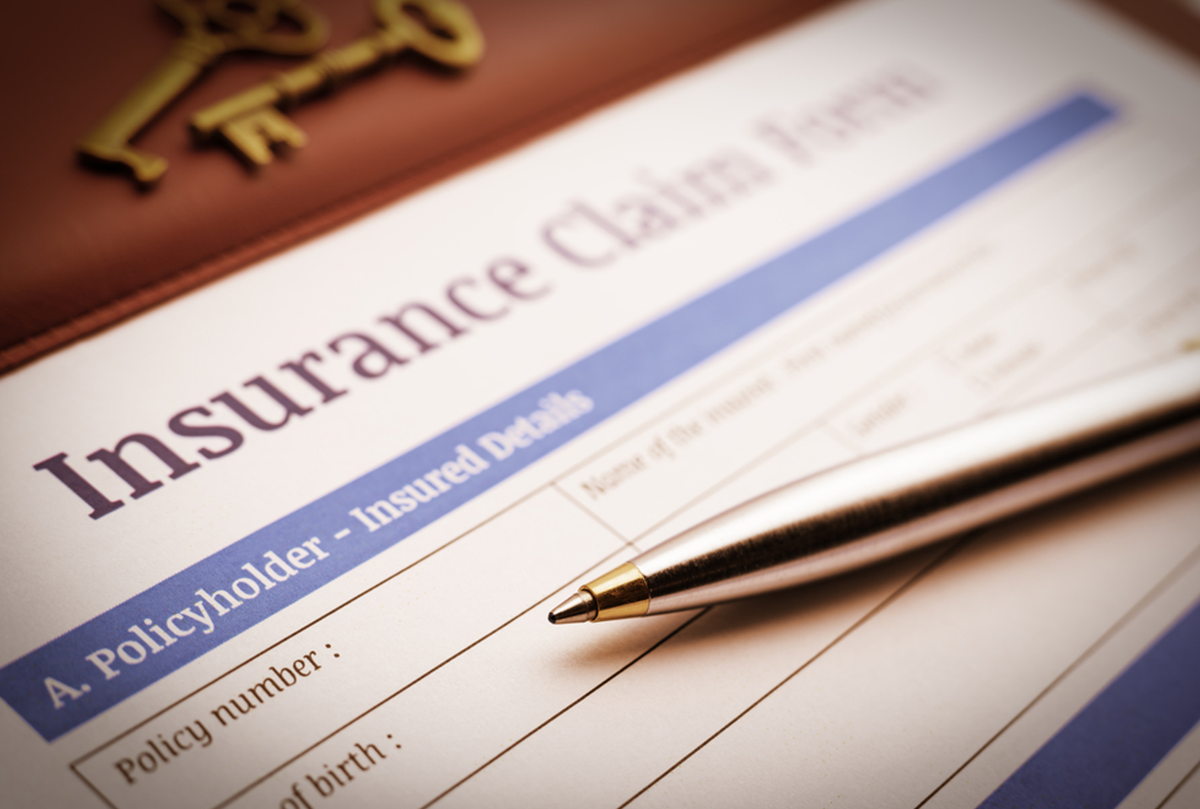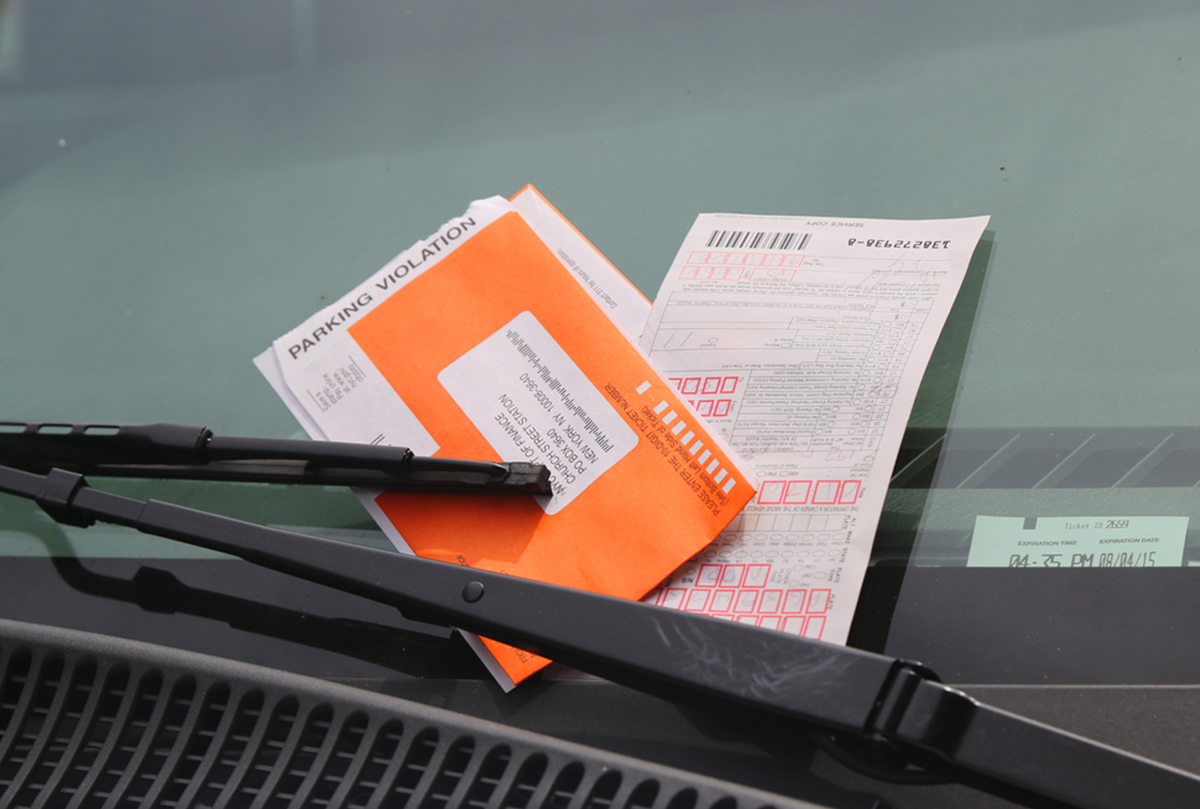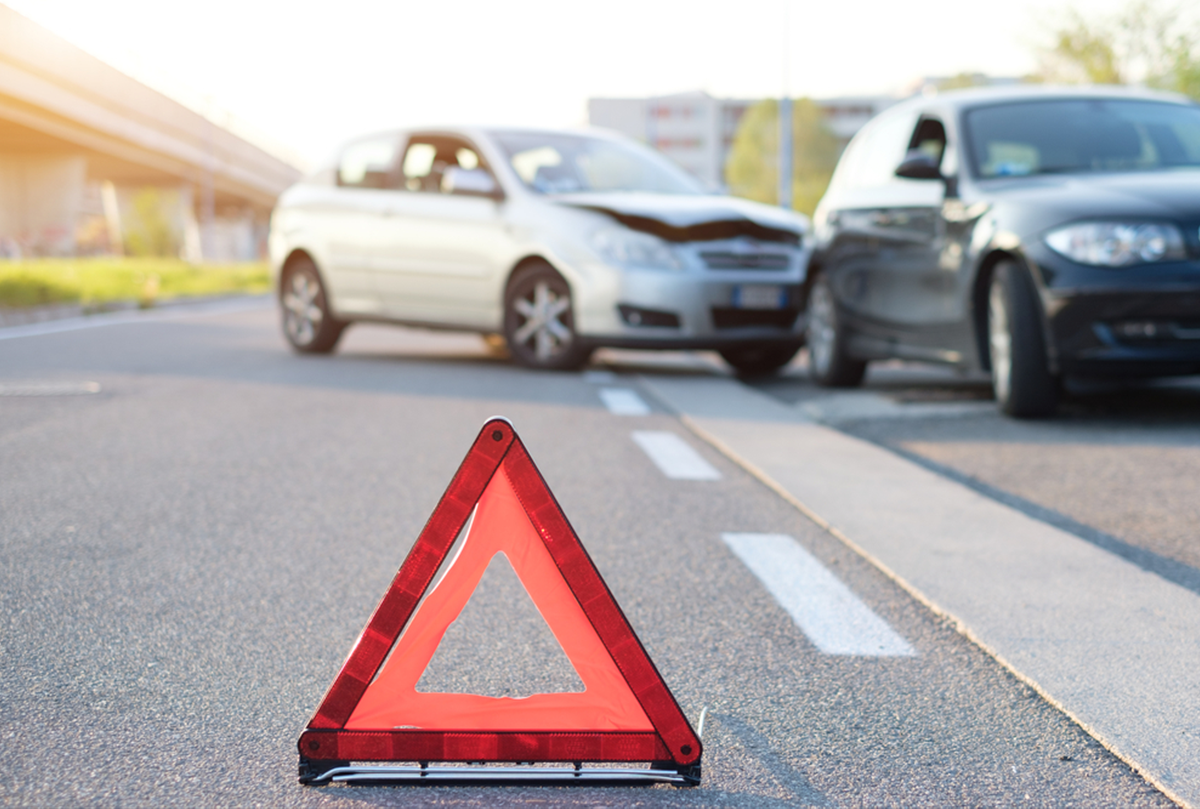 Start
Start
Accidents, Tickets, and Claims: How much do they affect your rates?

The Insuraroo
May 19, 2021

An accident or citation could cause your rates to increase significantly, even if you’re a careful driver. There’s no simple formula for determining the amount of the increase — and insurance providers use different tactics when assigning premiums.
- By one estimate, a minor speeding ticket could increase rates by 10 percent.
- A single accident could cause an increase of 80 percent for certain drivers.
- If you’ve received a ticket or submitted a claim, it’s important to compare auto insurance quotes as soon as possible.
Our site is designed to make that process secure and easy. By collecting rates, you may be able to avoid the financial consequences of an on-the-road mistake.
Accidents, Tickets, and Claims: How much do they affect your rates?
Insurance companies pay close attention to your driving history. An accident or citation could cause your rates to increase significantly, even if you’re a careful driver. By one estimate, a minor speeding ticket could increase rates by 10 percent, while a single accident could cause an increase of 80 percent for certain drivers.
However, there’s no simple formula for determining the amount of the increase — and insurance providers use different tactics when assigning premiums. If you’ve received a ticket or submitted a claim, it’s important to compare auto insurance quotes as soon as possible. Our site is designed to make that process secure and easy. By collecting rates, you may be able to avoid the financial consequences of an on-the-road mistake.
While you’re comparing quotes, you should understand exactly how — and why — your driving history will matter. Here’s an overview.
Do All Accidents and Tickets Cause Insurance Premiums to Increase?

Traffic citations will almost always cause premiums to go up. Citations indicate bad driving behavior, so insurance providers assume that drivers with bad records are more likely to file claims.
The type of infraction matters. If you speed at 10 mph over the limit, you can expect a modest increase, but citations for reckless driving or DUIs will cause a bigger jump. Seat belt violations and parking infractions probably won’t increase your rates, since they don’t affect your chances of being involved in an accident.
Generally, on-road accidents will cause a much bigger increase in premiums than a citation. However, not every accident will cause your auto insurance rates to skyrocket. State law can play an important role; in states like Massachusetts, for instance, the size of the claim will determine whether or not it’s a “chargeable" accident. In that state, if the claim is less than $1,000 for property damage, bodily injury, or collision coverage, the policyholder won’t see a rate increase.
An insurance company may also decide that your accident is “non-chargeable" if you aren’t at fault. For instance, if another driver hits your car while it’s parked outside your house, you didn’t do anything that increases your risk of a future claim. Your premiums might not increase (depending on state law and your insurer’s policies).
Can Accident Forgiveness Prevent My Insurance Premiums from Increasing?
Many insurance providers offer accident forgiveness for at-fault accidents, which prevents a single fender-bender from causing a dramatic rise in insurance premiums. If you’re making an insurance claim — and you have a fantastic driving history overall — check to see whether your provider offers accident forgiveness.
Typically, you’re only eligible for accident forgiveness if you have a clean record. For many insurers, that means no accidents or violations in the last five years. Some insurance providers offer accident forgiveness automatically, while others offer it as an opt-in coverage (and you may have to pay a small premium to opt in). Accident forgiveness only forgives your first incident, so you’ll have to drive carefully after using your insurer’s forgiveness program.
Unfortunately, accident forgiveness doesn’t scrub the incident from your record. That means that other insurance companies might use your claim history when determining your rates.
It’s still a great idea to shop around — remember, insurance companies use different techniques to calculate premiums. If you’re getting a great rate with accident forgiveness coverage from your current provider, there’s a great chance you’ll find an even better rate from one of their competitors.
Keep Insurance Premiums Low After an Accident

If you’re involved in an accident, immediately notify your insurance company. Get a copy of the police report and any paperwork that could show that the accident wasn’t your fault. By acting quickly, you may be able to prevent a minor claim from raising your rates.
Of course, if the accident was your fault, you’ll probably need to prepare for a premium increase. The size of the increase will vary depending on your on-road history, the severity of the accident, state laws, your age, and other factors.
The good news: The increase won’t be permanent. In many states, insurance companies can only consider chargeable incidents for three years from the date of the incident. Some ways to keep premiums low while you’re waiting for your record to recover:
-
Take a driving course. Many states require insurance companies to provide discounts to drivers who complete a safe driving course (also called a “defensive driving" or “accident forgiveness" course). By spending a few hours in a classroom, you could save hundreds of dollars over the course of your policy.
-
Take a driving course. Many states require insurance companies to provide discounts to drivers who complete a safe driving course (also called a “defensive driving" or “accident forgiveness" course). By spending a few hours in a classroom, you could save hundreds of dollars over the course of your policy.
-
Change your coverage. Reducing your coverage limits or raising your deductibles could reduce your premiums. However, be careful — you’ll want to make sure you have sufficient financial protection if a major accident occurs in the future.
Ask about discounts.Insurance providers may offer discounts for infrequent drivers, households with multiple drivers, or even drivers who use certain payment methods. Reach out to your insurer to find out about these programs, then take advantage of any discounts that apply to you.
Finally — and most importantly — you’ll need to shop around. If you’ve received a speeding ticket or submitted an insurance claim, you’ll need to know exactly how your rates stack up. In other words, there’s never a more important time to gather quotes.
After Claims and Tickets, Compare Auto Insurance Policies to Avoid Overpaying
Never assume that you’re paying the lowest possible premium for your coverage. Your insurance provider uses complex math to determine your chances of submitting a claim — but so does every other insurance provider, and slight differences in their calculations could have a big effect on your policy.
If you’ve noticed a rate increase after a traffic ticket or an accident, our tools can help. Insuraroo’s secure platform lets you easily collect quotes so that you can make an informed decision. We work with reliable insurance providers, so your coverage will provide dependable financial protection on the road.
Even if you’ve had a few marks on your record, there’s no reason to pay excessive premiums. Our resources provide everything you need to shop for insurance in your state, and by filling out some basic information, you can take control of your policy. To get started, click below.
Get a Fair Quote Today! Start Here
Free Personalized Quotes in Minutes
